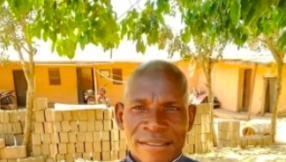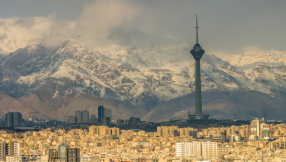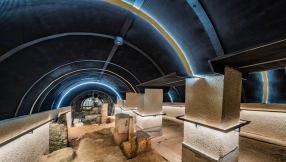The International Panel of Parliamentarians for Freedom of Religious Belief (IPPFoRB) recently launched a four-part report that looks into the religious challenges in Southeast Asia, namely rise of religious-based intolerance, discrimination against minorities or native peoples, securitization of freedom or belief in fighting terrorism, and the need to uphold international human rights standards in this general context.
IPPFoRB launched the report during a workshop attended by 25 members of parliament from ASEAN countries earlier this month. The said event was hosted by IPPFoRB and ASEAN Parliamentarians for Human Rights (APHR).
These reports from IPPFoRB will serve as guide to parliamentarians and civil society organizations across Southeast Asia, providing them with tools for accountability to freedom of religion or belief.
David Anderson, one of the members of IPPFoRB, stated, "I encourage ASEAN parliamentarians to use these expert reports to press their respective governments for the legislative and policy changes necessary to secure religious freedom for all."
The countries covered in the reports include Brunei, Cambodia, Laos, Indonesia, Malaysia, Myanmar, Philippines, Singapore, Thailand, Timor Leste, Vietnam.
One such example of a Southeast Asian country experiencing religious turbulence is Indonesia. According to the reports, minority religions such as Christians and Ahmadis — a Muslim minority sect — are marginalized in the country.
Former Jakarta Governor Basuki Tjahaja Purnama, or more popularly known as Ahok, was sentenced last May to two-year imprisonment for blasphemy during his re-election campaign.
According to Christian Solidarity Worldwide, many religious and civil society groups see Ahok's trial as a representation of the growing religious intolerance in the country, quoting a representative of the Ahmadiyya community as saying, "Ahok's case has become a barometer."
"Many religious minorities and civil society activists see Ahok's high-profile trial and prison sentence as symbolic of rising religious intolerance in Indonesia. 'Ahok's case has become a barometer,' a representative of the Ahmadiyya community told Christian Solidarity Worldwide.













